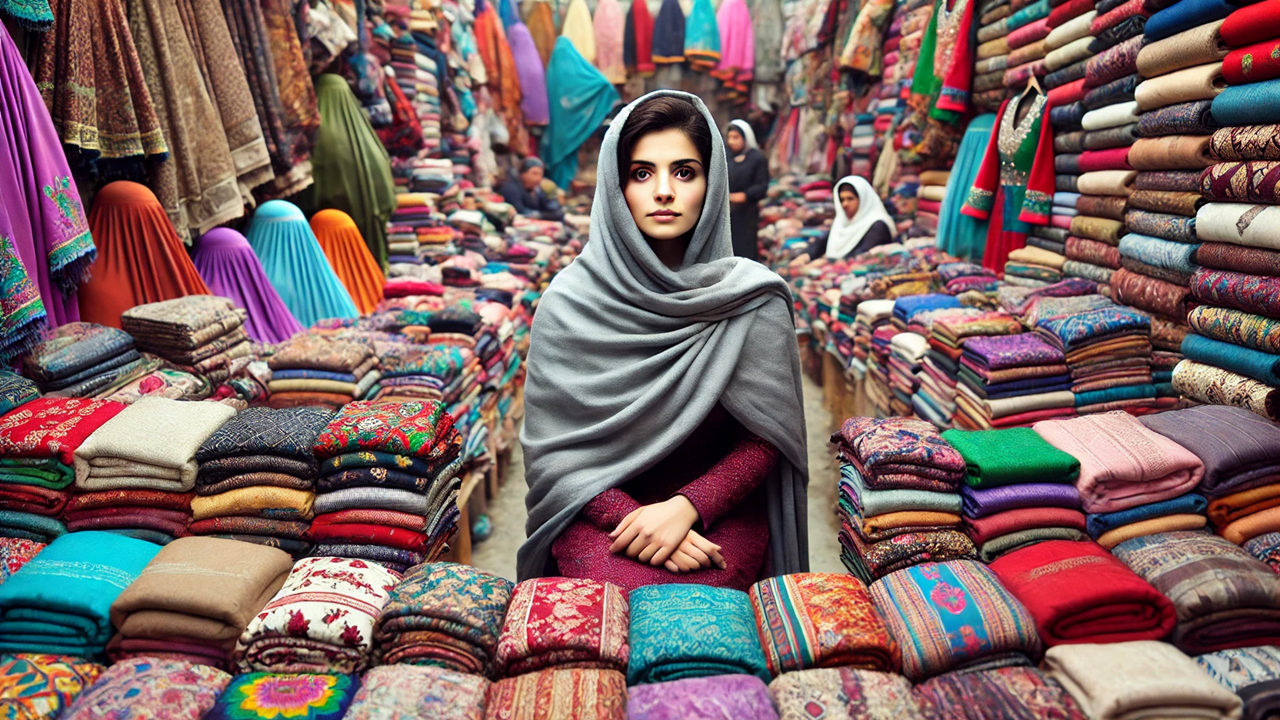Since the Taliban’s return to power in Afghanistan, Afghan women have faced severe restrictions on their freedom and rights. A decree from December 2021 mandates that women must be accompanied by a male guardian for travel beyond 77 kilometers (47 miles) from their homes, with stricter measures in some regions. Additionally, girls have been barred from secondary and higher education since March 2022, leading to a dramatic rise in out-of-school students.
UN Women’s latest report highlights the grave impact of these restrictions: 1.1 million secondary school-aged girls are now out of school, and primary school enrollment has also dropped due to social norms, access issues, and safety concerns. Despite these challenges, Afghan women are demonstrating remarkable resilience through various initiatives.
Lina, one of 147 Afghan women trained by UN Women as community volunteers and storytellers, has been instrumental in amplifying the voices of Afghan women. She interviewed women affected by the October 2023 earthquakes, highlighting their struggles and stories. Lina’s work aims to inform the international community and advocate for the needs of Afghan women.
“These bans decrease women’s self-confidence and self-respect by relegating them to a corner of their home,” said Lina. “It’s very important for me to raise their voices and help them through writing reports and telling their stories.”
One poignant story Lina shared was of a former teacher and social advocate who, after losing her foundation and income due to the Taliban's restrictions, experienced a tragic loss in her family. Despite her suffering, speaking to Lina was the first time in almost three years that someone had inquired about her life and feelings.
A recent survey reveals the severe toll these restrictions have taken: 8% of respondents knew a woman or girl who had attempted suicide since August 2021, and 18% of women reported not meeting with anyone outside their immediate family in the last three months.
Amidst this adversity, innovative solutions are emerging. Radio Femme, launched by former journalist Hawa on International Women’s Day 2021, provides education and rights awareness to women and girls in Western Afghanistan. Supported by UN Women, the station broadcasts educational content in Pashto and Dari, reaching 60,000–70,000 Afghans and offering classes from grades seven to 12.
Similarly, Begum TV, broadcasted from Paris and supported by the Begum Organization for Women, provides educational programming and nightly "edutainment" talk shows. Begum Academy, an online platform launched in November 2023, offers the full Afghan school curriculum for grades seven to 12, alongside tutor support. Over 4,000 students across Afghanistan are currently benefiting from these free online education courses.
“These initiatives build hope among women and girls,” said Alison Davidian, UN Women Special Representative to Afghanistan. “They are a testament to Afghan women’s incredible resistance and adaptability.”
Despite the severe restrictions imposed by the Taliban, Afghan women are proving their resilience and commitment to their rights and education. Their determination to work alongside men, make decisions in all spheres of life, and access education underscores their strength and unwavering spirit.
“Women want to work shoulder-to-shoulder with men. Women want the right to make decisions, not just in their homes but in government and other spaces. They want an education. They want their rights,” Lina emphasized, reflecting the aspirations of countless Afghan women striving for change.











